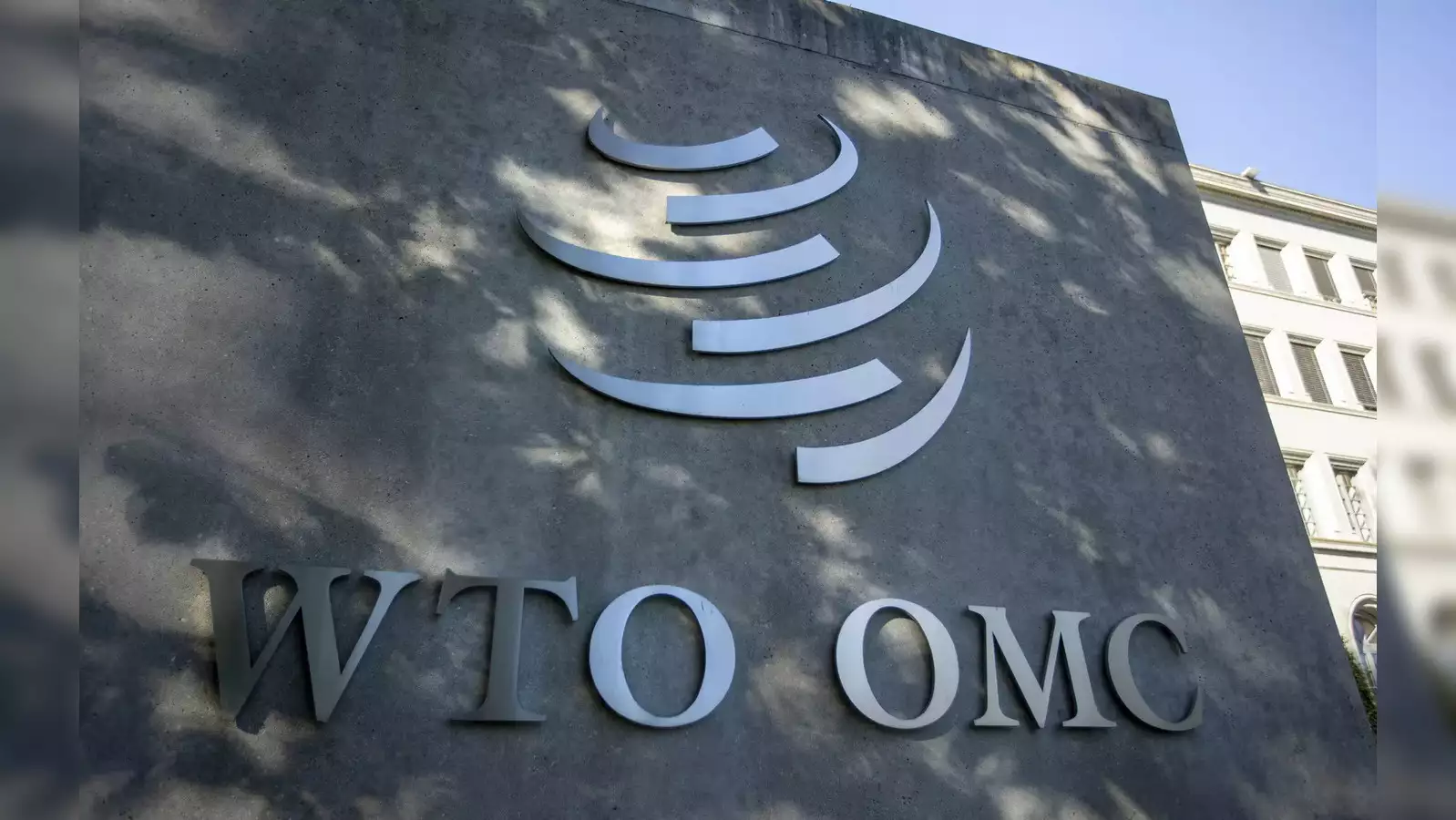
India takes Australia to WTO Arbitration over trade changes
NEW DELHI : India recently started a dispute case against Australia at the World Trade Organization (WTO). The disagreement is about changes Australia is making to its promises that might affect India’s trade in services. This escalated situation happened after talks between the two countries failed to settle their differences over new rules for regulating services in their own countries.
Background to the Dispute
The changes Australia made were to its promises under an agreement that is part of the WTO system and aims to lower trade costs around the world. The changes include standards for licenses and qualifications that are meant to lessen the effects of trade barriers. About 70 countries will be affected by the new rules, which are expected to lower the costs of doing business across borders by more than $125 billion.
The Implications for India
According to India, the changes Australia is making might go against its rights and duties under the WTO deals. The main point of disagreement is how these changes are seen to affect Indian service providers, especially their ability to enter Australian markets equally as agreed upon in the agreement. As a WTO member, India wants to make sure that these promises are carried out in a way that benefits all members fairly.
India’s Response and WTO Arbitration
When bilateral talks failed to solve the problem, India said it was an affected member and chose arbitration, which is a way for the WTO to settle disagreements. You can start this process at any point, even after a panel has made a ruling.
More About World Trade Organization disputes
- Key Participants in WTO Disputes: The World Trade Organization (WTO) is very important for controlling international trade. One of its most important jobs is to settle disputes between countries. For WTO members, the United States, the European Union, and China are the ones that get into the most disagreements. Since the WTO started in 1995, more than 500 disputes have been made. These have been about a wide range of topics, such as subsidies, tariffs, and rules on imports. The fact that these big economic powers are so well known shows how involved and interested they are in making global trade rules and settling conflicts.
- The Role and Process of the Dispute Settlement Body: It is the Dispute Settlement Body (DSB) that handles disputes within the WTO. When member countries don’t follow the DSB’s decisions, it can approve retaliatory measures. This makes sure that there are mechanisms in place to enforce the decisions. The process for settling disagreements is meant to be thorough and fair, and it usually takes 15 months to make a decision. Early disputes in the WTO, showed how important the DSB is for handling complicated trade problems and setting standards for future cases.
- Addressing Non-Trade Concerns: Even though the WTO’s main job is to handle trade problems, many of its disputes also involve non-trade issues like protecting the environment and people’s health. These cases make the dispute settlement process more difficult because the DSB has to find a balance between trade rules and the effects on society as a whole. This often creates complicated law and policy problems. This shows how important it is for the WTO to take a more nuanced approach to deal with the complex nature of global trade and how it affects other important global issues.

